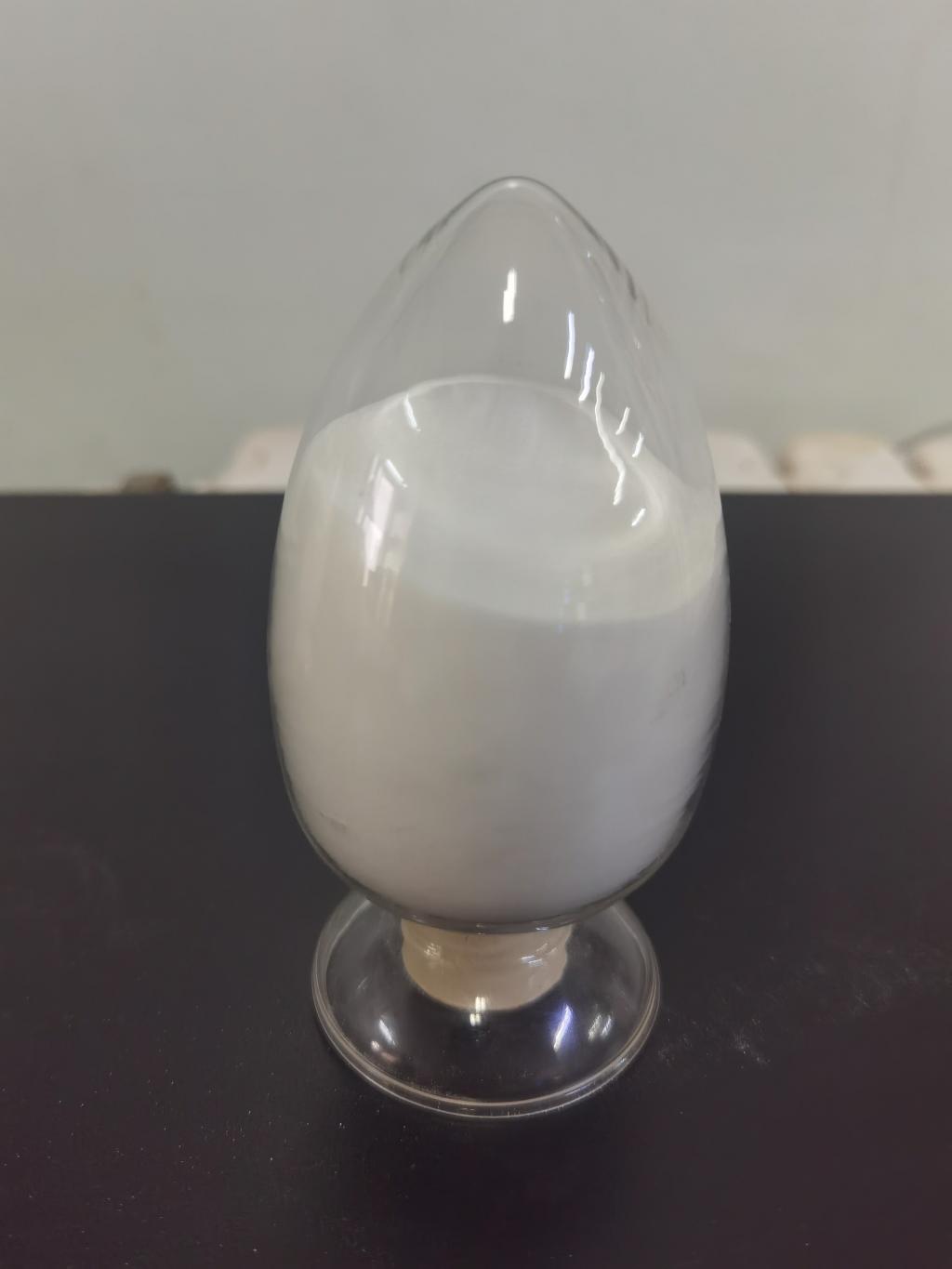Tel:+8618231198596

News
 CONTACT
CONTACT
 CONTACT
CONTACT
- Linkman:Linda Yao
- Tel: +8618231198596
- Email:linda.yao@dcpharma.cn
- Linkman:CHARLES.WANG
- Department:Overseas
- Tel: 0086 0311-85537378 0086 0311-85539701
News
Ongoing research aims to potential applications for ε-Polylysine hydrochloride across industries.
TIME:2024-04-02
Understanding ε-Polylysine Hydrochloride
ε-Polylysine hydrochloride is a biopolymer derived from the fermentation of Streptomyces albulus, composed of multiple lysine units linked together in a chain-like structure. This water-soluble polymer exhibits excellent biocompatibility and antimicrobial properties, making it suitable for various biomedical and industrial applications. Its unique chemical structure and properties make it an attractive candidate for research and development in multiple industries.
Applications in Medical and Healthcare Industries
The biomedical and healthcare sectors have been at the forefront of utilizing ε-polylysine hydrochloride for various applications:
Medical device coatings: ε-Polylysine hydrochloride coatings have been employed to improve the biocompatibility of medical implants and devices, such as orthopedic implants and vascular grafts. These coatings enhance tissue integration and reduce the risk of inflammatory responses.
Wound care products: ε-Polylysine hydrochloride-based wound dressings and hemostatic agents have shown promise in promoting wound healing and controlling bleeding. Their antimicrobial properties help prevent infections and facilitate the healing process in various types of wounds.
Drug delivery systems: ε-Polylysine hydrochloride has been investigated as a carrier material for drug delivery systems, enabling controlled release and targeted delivery of therapeutic agents to specific sites within the body. This application holds potential for improving the efficacy and safety of drug treatments.
Expanding Applications Across Industries
Beyond the medical and healthcare sectors, ongoing research aims to explore additional applications of ε-polylysine hydrochloride in diverse industries:
Food and agriculture: ε-Polylysine hydrochloride's antimicrobial properties make it a promising natural preservative for extending the shelf life of food products. Research is underway to evaluate its effectiveness in inhibiting the growth of spoilage organisms and pathogens in various food matrices, including dairy, meat, and seafood products.
Cosmetics and personal care products: ε-Polylysine hydrochloride has potential applications in cosmetics and personal care products due to its antimicrobial activity and skin-friendly properties. It may be incorporated into formulations such as skincare products, shampoos, and deodorants to enhance product safety and stability.
Environmental remediation: ε-Polylysine hydrochloride-based materials have been investigated for their potential use in environmental remediation applications, such as water purification and soil remediation. Its ability to adsorb heavy metals and organic pollutants makes it a promising candidate for addressing environmental contamination issues.
Challenges and Future Directions
While the potential applications of ε-polylysine hydrochloride across industries are vast, there are challenges and considerations that need to be addressed:
Optimization of properties: Research efforts are focused on optimizing the properties of ε-polylysine hydrochloride-based materials to meet the specific requirements of different applications, such as stability, biodegradability, and mechanical strength.
Regulatory approval: Before ε-polylysine hydrochloride-based products can be commercialized in various industries, they must undergo rigorous testing and regulatory approval processes to ensure their safety, efficacy, and compliance with regulatory standards.
Scaling up production: As demand for ε-polylysine hydrochloride grows across industries, efforts are underway to scale up production methods and reduce production costs to make it commercially viable for large-scale applications.
Conclusion
ε-Polylysine hydrochloride holds immense potential for diverse applications across industries, ranging from medical devices and wound care products to food preservation, cosmetics, and environmental remediation. Ongoing research endeavors are unlocking new possibilities for harnessing its unique properties to address a wide range of challenges and needs in various sectors. As scientific understanding and technological advancements continue to evolve, ε-polylysine hydrochloride is poised to emerge as a versatile and indispensable material with far-reaching implications for improving human health, environmental sustainability, and industrial innovation.
- Tel:+8618231198596
- Whatsapp:18231198596
- Chat With Skype







